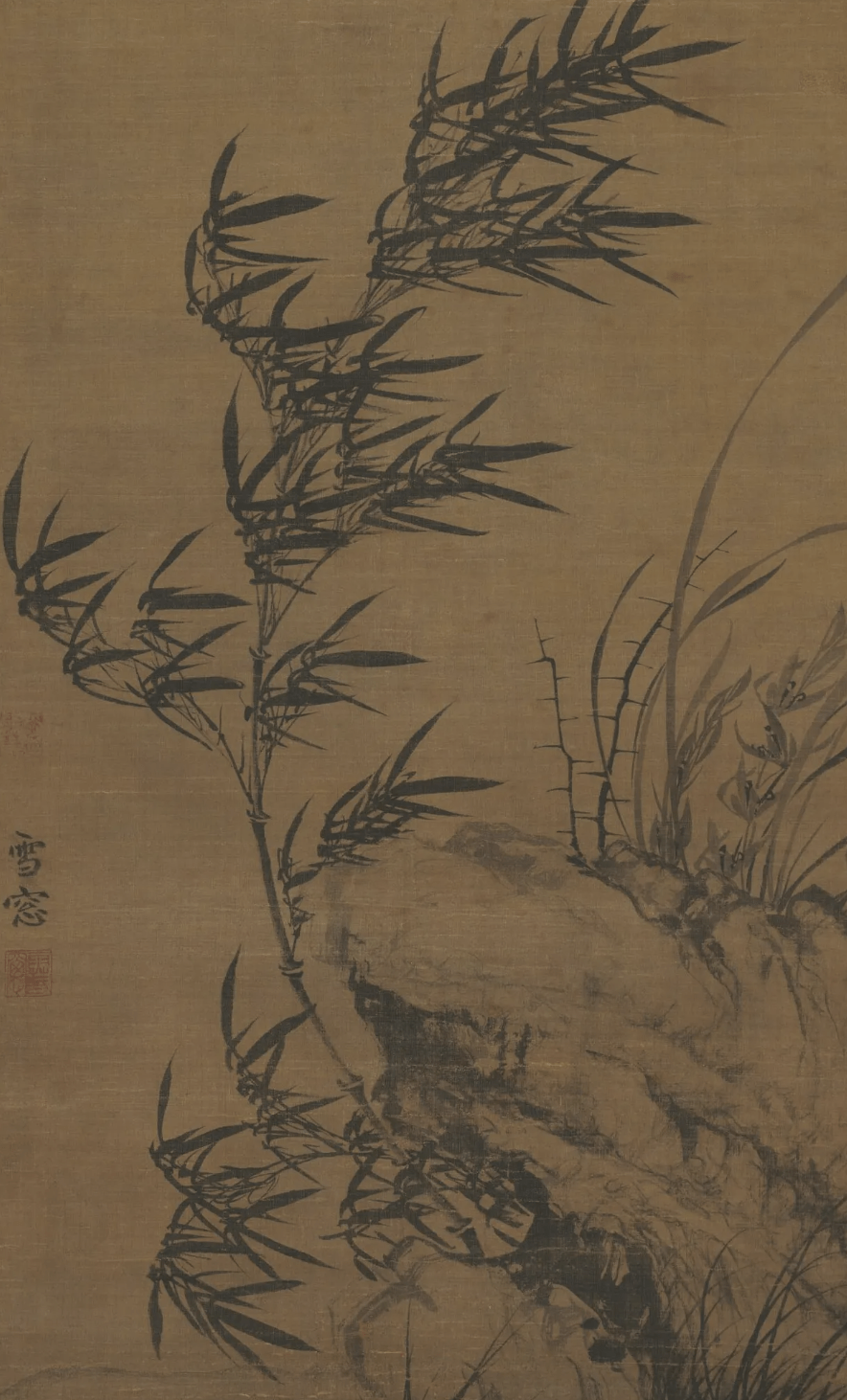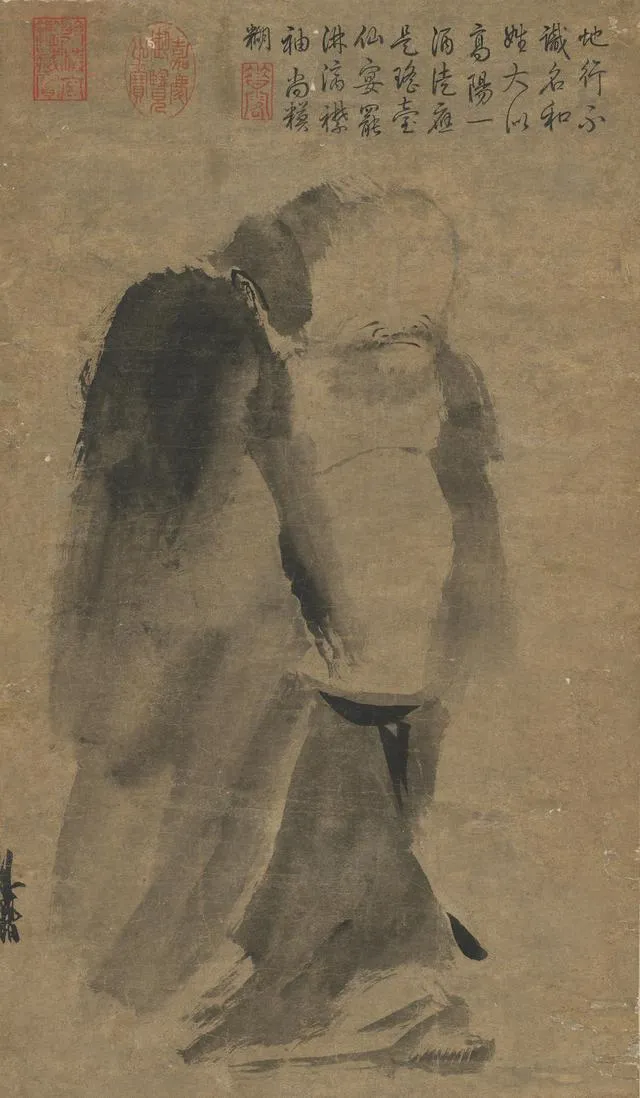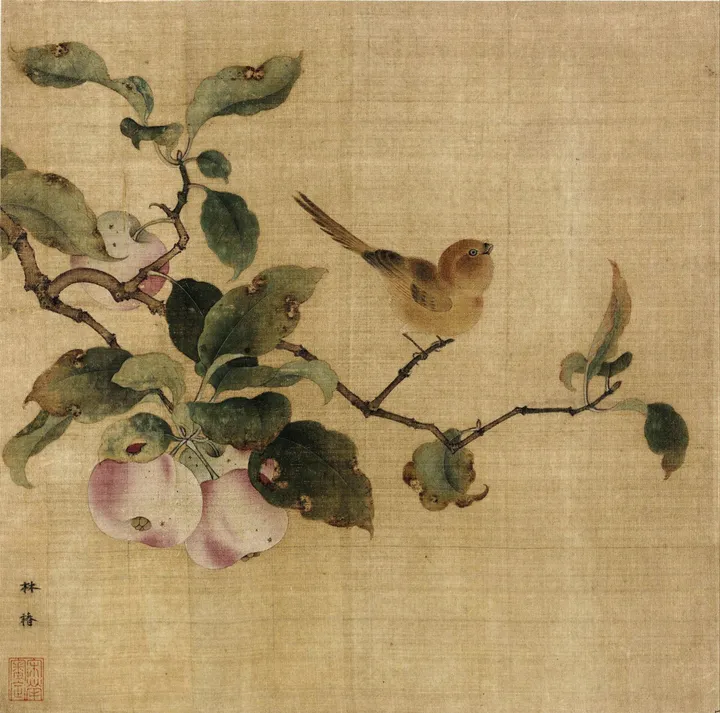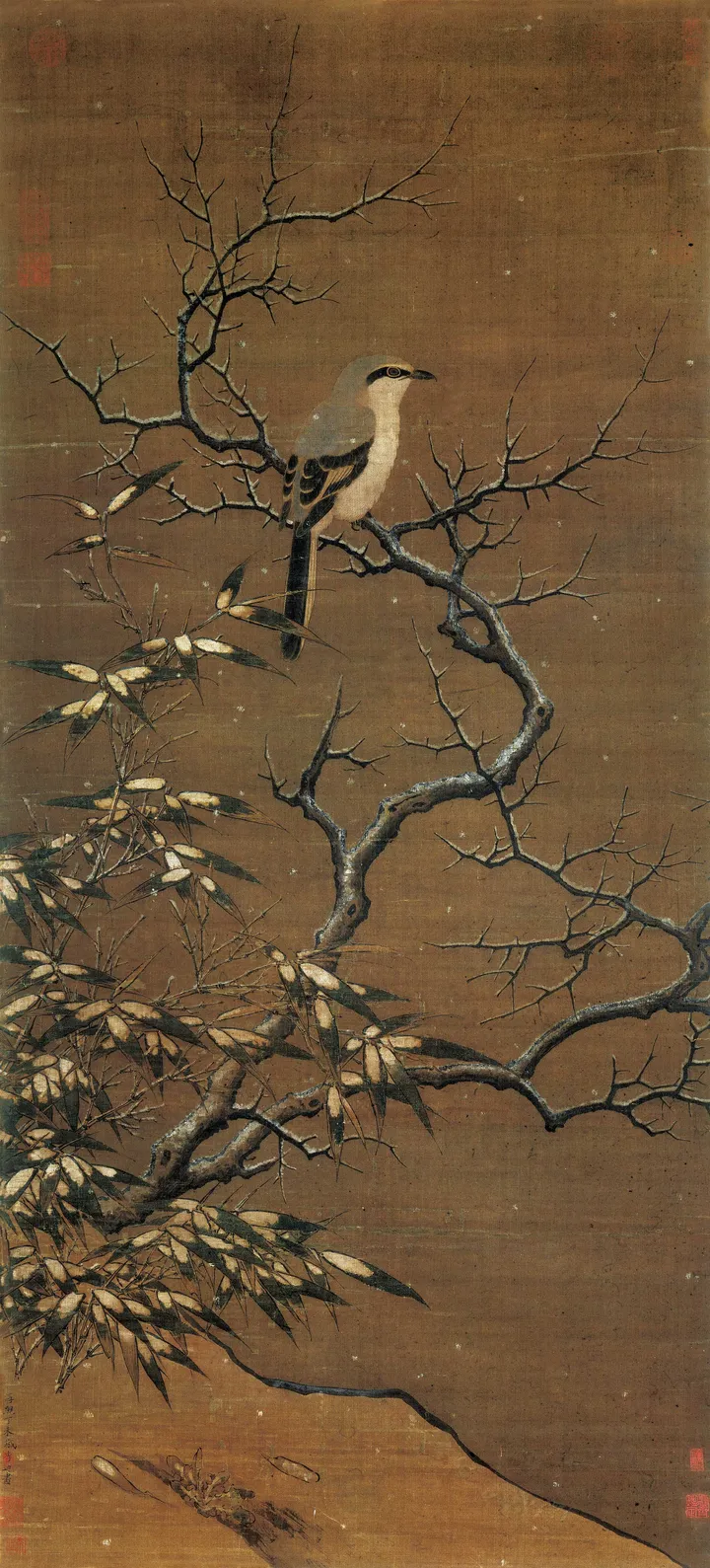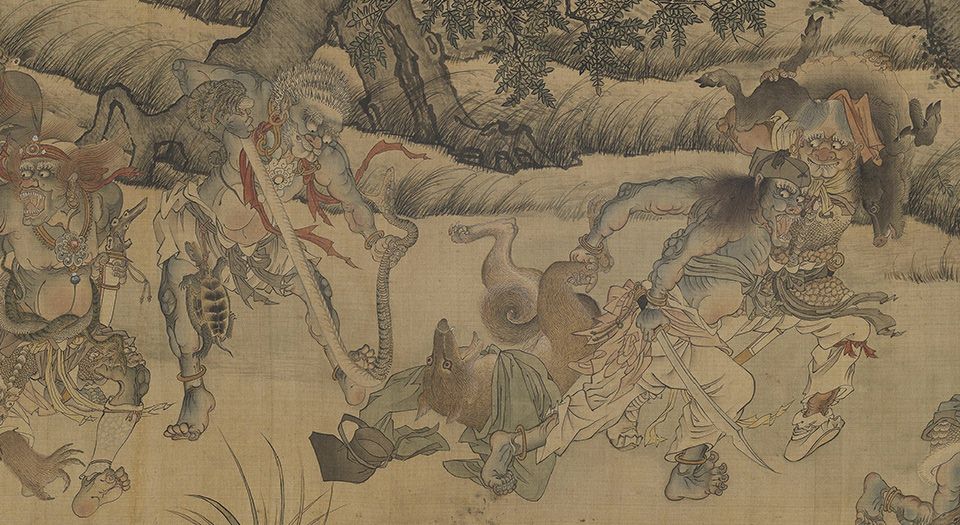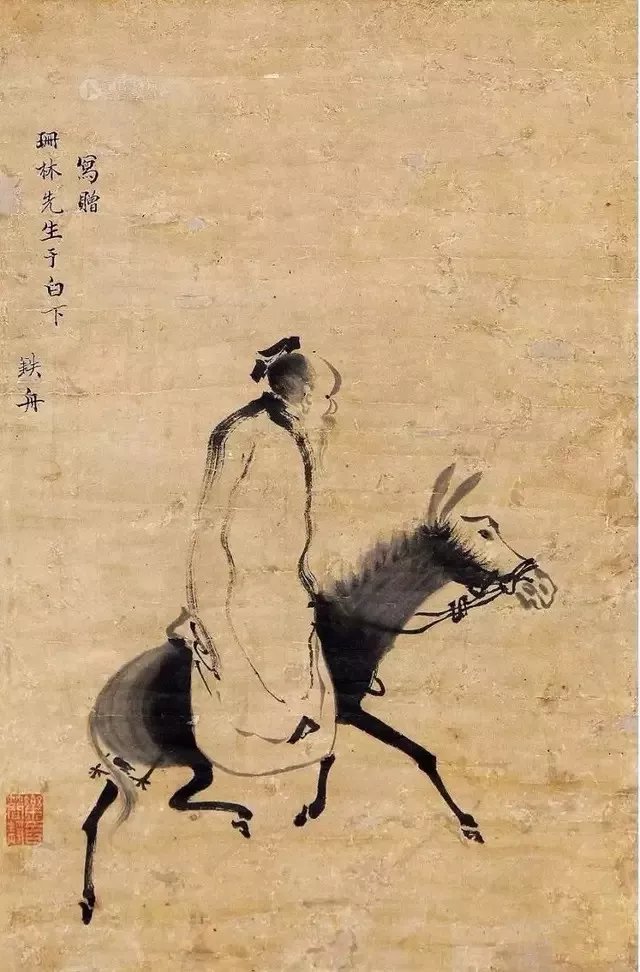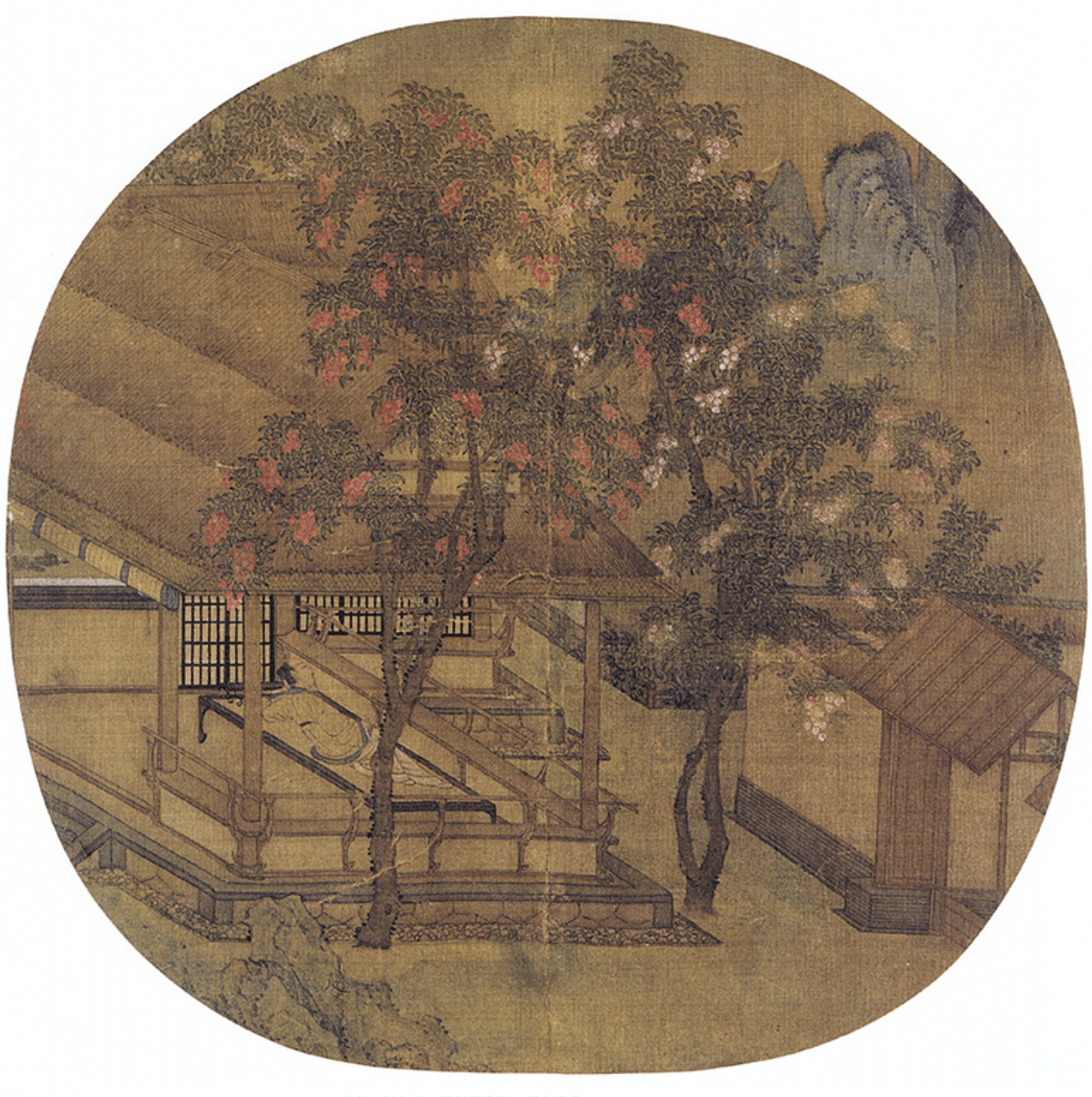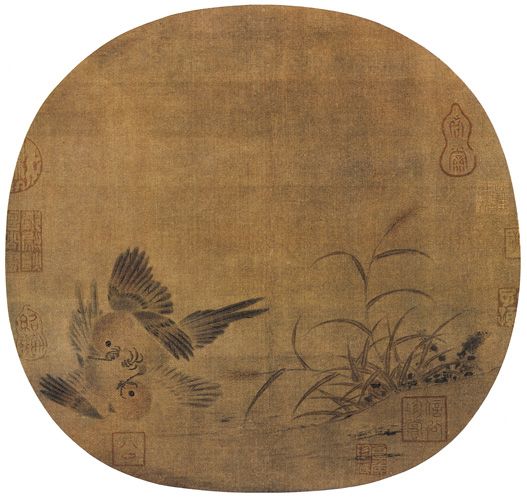Xu Yake
Xu Yake(徐崖客), a man from Huzhou(湖州), was the son of a concubine. His father, misled by Yake’s stepmother, sought to put him to death. He fled and wandered the world. Every famous mountain, great river, deep cave, he endeavored to ascend, believing himself already doomed and therefore fearing nothing.
Once, while climbing Mount Yandang, Xu Yake couldn’t make it to the top. With nowhere to stay for the night, a monk nearby asked, “Do you enjoy traveling?”

